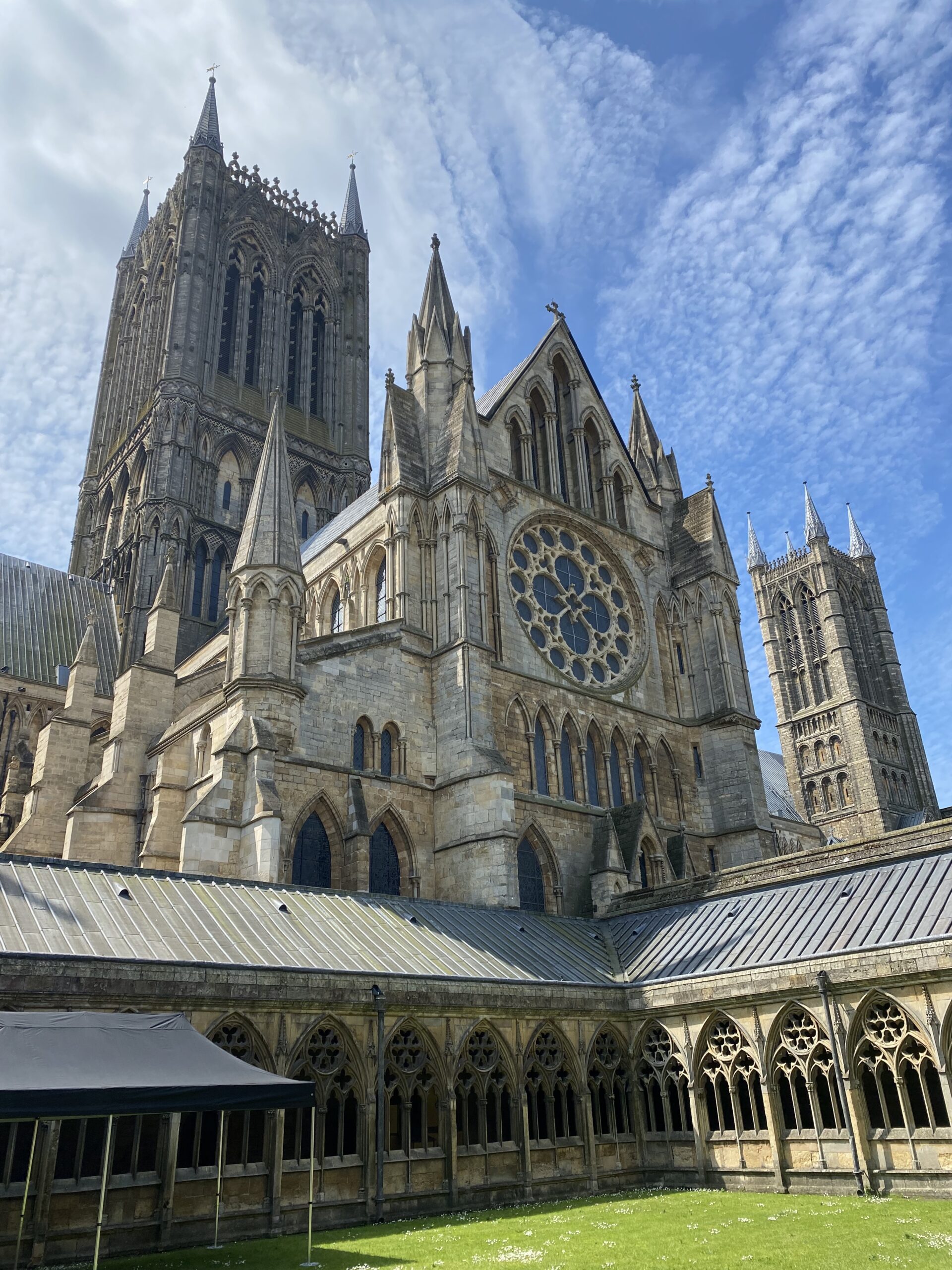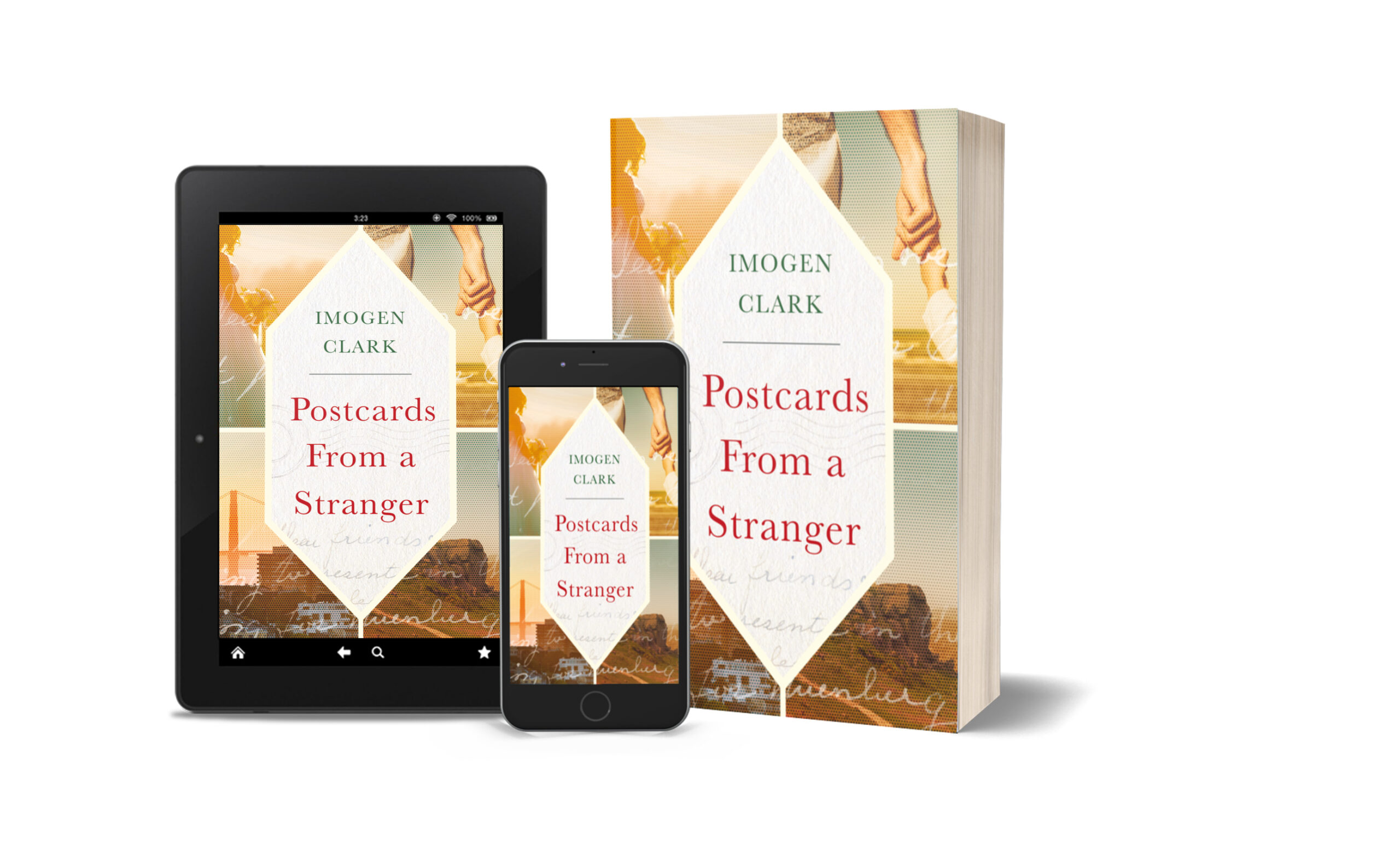My children recently watched ‘Billy Elliot’ and it has given rise to all kinds of questions. Who was Margaret Thatcher? Is she still alive? What’s a picket line? Aren’t boys allowed to dance?
If you have never come across the story, ‘Billy Elliot’ is about a boy who wants to do ballet but is being brought up in a working class environment where boxing is more the norm. It is set during the Miners’ Strike in the 1980s, hence all the questions. It has been a very strange experience for me to explain something that the children think as history but which I lived through and have clear memories of. But stranger still has been my emotional response to those recollections.
I was in the sixth form when the miners went out on strike. Whilst not particularly politically aware, I could not avoid the news stories and so had a fairly clear idea of the issues. However, there aren’t many pits in middle class Ilkley and I didn’t go to rallies or gigs so I only ever saw things through the tv screen. For me, as a young adult, the focus was all on the picket lines, the brutality of the riot gear and what Billy Bragg had to say about it. When it was all over and such of the miners that still had open pits to work in went back, I took my ‘A’ levels and my adult life began. I never really gave the strike more than the odd thought as I drove through Sheffield.
So I was somewhat taken aback to discover my reaction when to trying to explain what had happened at that time to my children. My throat closes, my voice wobbles and the tears flow unchecked as I talk about picket lines and collection buckets in a way that it never did at the time. I’m not sure my political opinions have changed that much so there must be something else about me that is different now to then.
And of course there is. Now I am a mother with a family of my own and suddenly the whole history takes on a different slant. I have an empathy that played no part in my make up back then. Now, in my imagination I can put myself and my children in the position that the miners’ families were in. I can more readily understand the suffering that they endured as they fought for their jobs and the passion with which they believed in what they were doing. And that makes me cry.
It is yet another example of how much richer my life has become as I grow older. The range of emotional responses that I discover I have is much greater than it has ever been in the past and my reactions to things regularly surprise me. When I was a girl, I could never understand why my mother cried when she heard children singing. I thought she was barmy and over emotional. Now I get that completely and although I don’t always do it, I think I can understand why she did.
But I’m not certain and that’s rather the point. I couldn’t tell you precisely why I respond with tears when discussing the miners and what they went through. But I do cry and I never used to and that must mean that I am changing as I grow up. And I think I like that.






